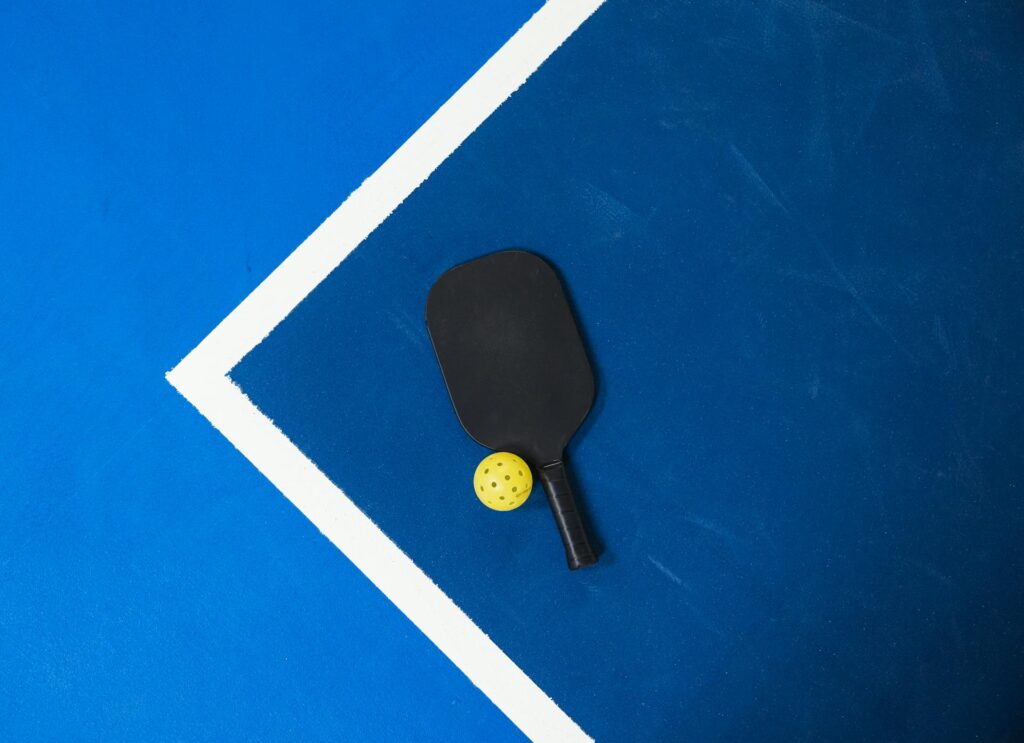Mental health has become a topic of discussion because it is essential to our well-being. Maintaining good mental health without sports is one thing. Yet, adding a sport to your life brings extra challenges. Keeping good mental health while playing sports is crucial. Mental solid health boosts performance. But poor mental health hurts it. For instance, placing a live bet can add stress to a game. Mental health issues can hurt an athlete’s performance. This article will explore why keeping good mental health in sports is essential. It will also explain how poor mental health can harm you.
Team Sports vs. Individual Sports
Mental health differs between team and individual sports. Research shows that athletes in solo sports report more depressive symptoms. This is compared to those in team sports. This may be because teammates provide support, boosting morale and mental health. In contrast, individual sports athletes rely only on their coach and parents. This leads to higher rates of depression and anxiety. These can harm performance.
Mental Fatigue
Mental fatigue from long practices or school can lower an athlete’s performance. It impairs thinking. Sun et al. (2021) linked this to altered executive functions, such as reduced attention and less accurate reactions. This could hurt the athlete. To perform at their best, the athlete should be able to do all functions and react quickly at any moment. The mental fatigue of the athlete would slow them down and make them less valuable on the field.
Depression and Anxiety in Athletes
Depression impacts athletes. It causes a lack of energy and increased anger. It brings feelings of worthlessness, weight changes, and loss of interest. It also brings aches, pains, and reckless behavior. These symptoms affect performance, leading to fatigue, self-angerment, and physical complaints. This cycle can make depression worse. It causes feelings of anxiety and can contribute to the development of eating disorders. These issues harm the athlete’s performance.
Anxiety can have both positive and negative effects on an athlete’s performance on the field, as evidenced by the drive theory. This is because the more pumped an athlete becomes. For example, they perform better (Weinberg & Gould, p. 85, 2015). This theory has a limitation. If an athlete gets too aroused or anxious, their performance can suffer. The athlete’s performance may improve if they can only partially focus on the game, especially when preparing to make a tackle. But then, he starts to notice outside factors. For example, if it is raining, do you have thoughts about what he will do after the game? This slip in focus could make the difference in whether or not he makes the tackle. The question is whether anxiety boosts performance. This would be due to the drive theory. Or does anxiety hurt performance if the athlete is too overstimulated? The athlete’s performance hinges on their mental state at that particular moment.
Implications for the Practitioner
Mental health awareness is growing, and there are more and more ways to deal with it. Felgenauer (2021) suggests that mental stress can consistently hinder performance. Instead, focus on approaching competition with a healthier mindset. One of the best ways to improve mental health is to focus on your needs. Set tangible goals and remember why you started the sport you love.
Focusing on What You Need to Do
Yes, we all focus on our game, especially when having problems. When athletes struggle mentally, they should focus on basic skills, not big plays. Felgenauer (2021) suggests removing competition and instead focusing on what your body needs to be its best. This includes getting better sleep, eating well, and preventing injuries. You can do this by stretching or taking rest days.
Setting Realistic Goals
Every athlete wants to become a pro in their sport. But that is only for a select few. Setting realistic goals is essential for mental health. If your only goal is to go pro and be the best player ever, you set yourself up for failure. Having a list of goals instead of one big end goal will increase your mental health. For example, you can have the goal of going pro. But before that, set a goal to be in the top five for scoring on your team. Also, set a goal to be the hardest-working player on your team. And set a goal to play your sport in college. Establish realistic objectives that can be reached shortly. They should bring you closer to your goal of becoming a professional athlete.
Remember Why You Started
As a child, you only want to play the sport you love and get better at it. When you are young, you love the little things. That is when you make the memories that keep you wanting to continue in sports. Felgenauer (2021) notes that burnout comes from athletes’ immense pressure. It can lead to mental illness. Instead, refocus your mindset. Highlight why you chose this sport and how far you’ve come since you started.
Final Thoughts
Mental health in sports can be a significant boost or a setback, depending on how healthy athletes handle stress. Good mental health helps players decide quickly and clearly. Cognitive issues can slow them and hurt their play. These issues can stem from teammates, coaches, or parents and cause burnout. Ensuring athletes enjoy their sport and get help for mental health issues is crucial. Addressing these problems early can prevent severe setbacks and keep players on track.




